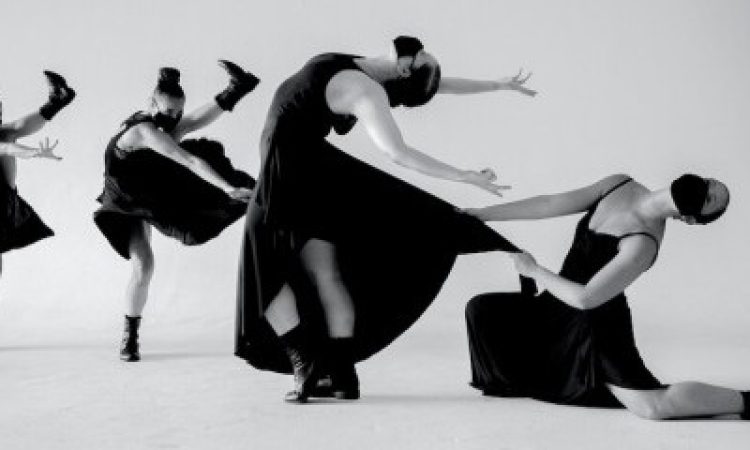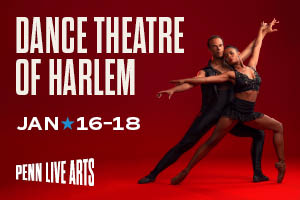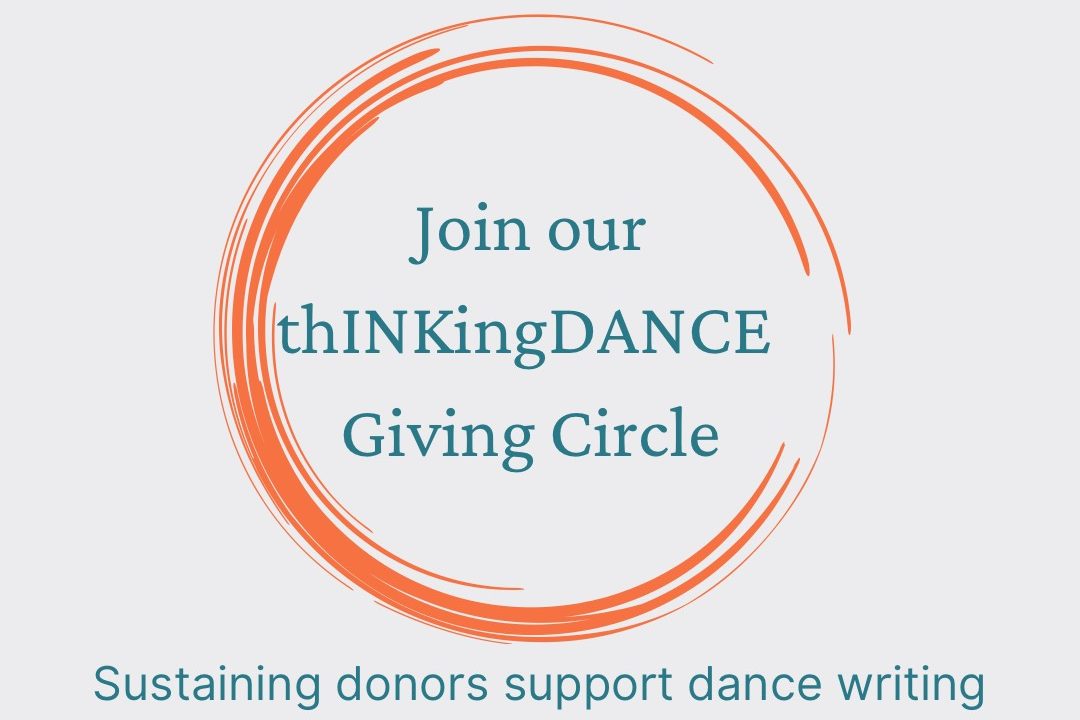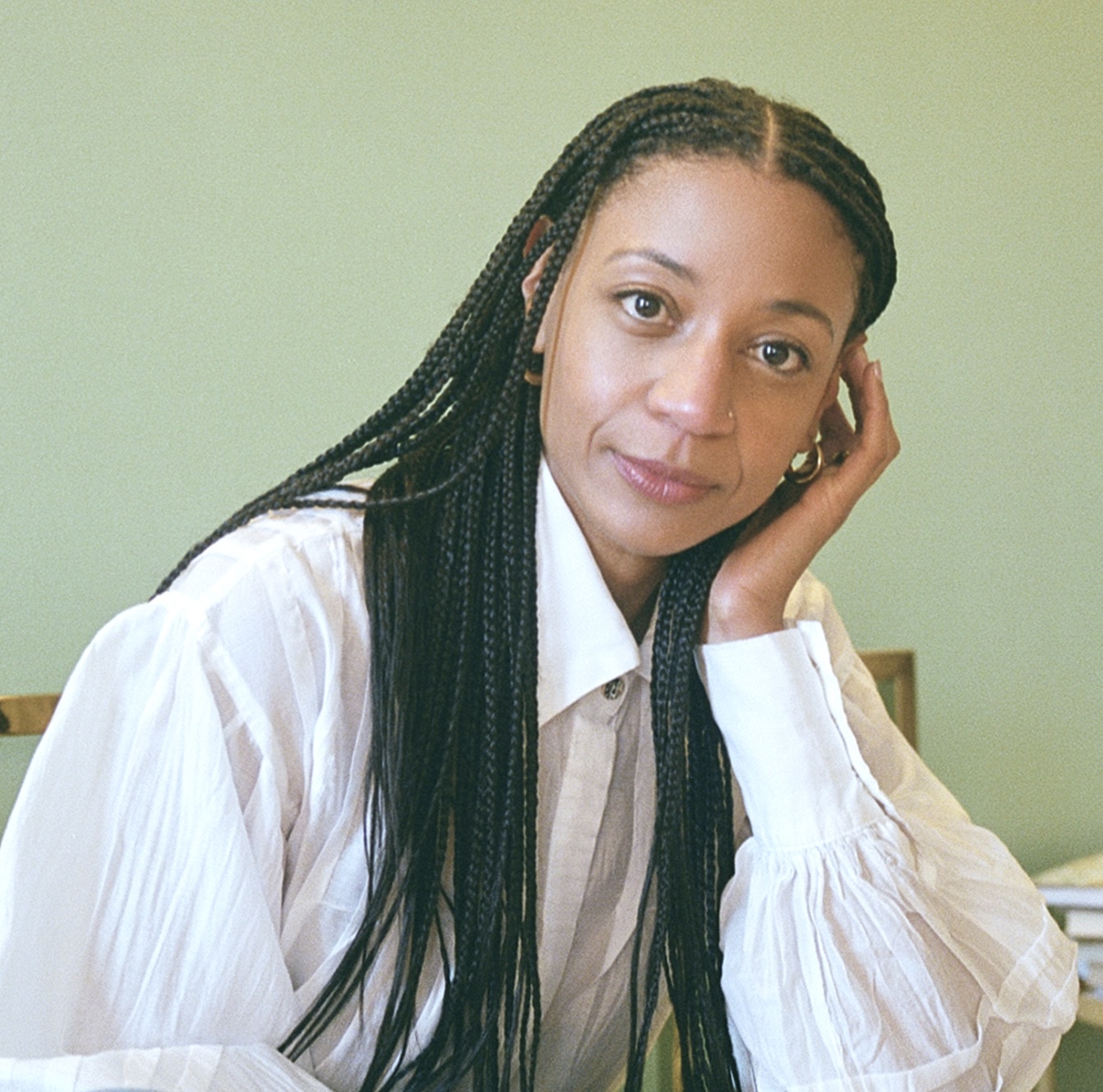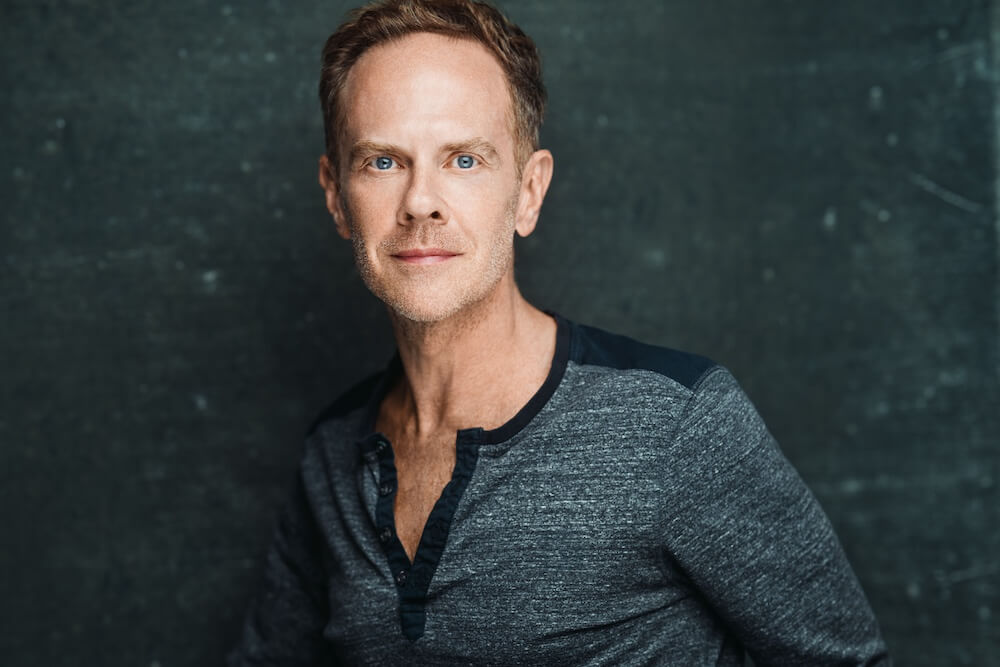Black skirts. Black boots. Black masks. A makeshift black floor. The paint-peeling cement setting of the Brooklyn Navy Yard rooftop. Gray skies. Everything about this virtual dance production is gloomy, even the Klezmer-ish music. That’s exactly what choreographer Ariel Grossman intended with Unorthodox, performed by her Jersey-based Ariel Rivka Dance, and inspired by the book and Netflix miniseries of the same name.
The book, Unorthodox: The Scandalous Rejection of My Hasidic Roots is the 2012 autobiography by Deborah Feldman, a young woman who musters the courage to leave her ultra-religious Hasidic community. Grossman’s dance takes on a more universal theme, juxtaposing the polite version of ourselves we show the world vs. our true inner selves. Her choreography gives us a glimpse of what might happen when we, like the Orthodox woman shedding her restrictive clothing, unzip and breathe.
The music, created by composer Stefania de Kennessey, has the tempo of traditional Klezmer music, but lacks its lightness, its lilt. In a live, post-performance Q&A session moderated by former Martha Graham Dance Company member Rabbi Mira Rivera, Grossman explained: “I knew I didn’t want the piece to be joyful. I didn’t want it to be a celebration.”
Throughout the dance, Caitlyn Casson, Casie O’Kane, Danita Shaheen, and Hana Ginsburg Tirosh beautifully transition from tense, constricted movements to full-body releases. I’m fascinated by the way they traverse the rooftop stage, with jerky steps like a leaden moonwalk, aided by their unorthodox boots-turned-dance shoes. The dancers move backward as if retreating, forward with renewed determination, just as the young woman of the Unorthodox film vacillated between familiarity and freedom.
At times the masked dancers march in lockstep, as if constricted by straitjackets. Then they burst into motion, arms gyrating, and moving with wild abandon.
Their skirts become props, the dancers clutching the material in their fists, then flinging it away in a sudden release. “That’s so Martha,” commented Rabbi Rivera, referring to the dance icon.
Dancing in masks and boots was problematic for the dancers, as they revealed in the Q&A. “It definitely was a challenge to dance in these shoes,” said Shaheen, “because we never wear shoes in Ariel’s works ever.” She added that the shoes prohibited her from feeling the floor, from getting the same extension she would if barefoot, and from sliding with ease.
Tirosh, who worked hard to get back in shape after the birth of her 6-month-old twins and contracting the coronavirus, said the mask made it even harder for her to breathe and “tamped up the emotion” during rehearsals and taping.
Like the masks, the boots were initially meant to protect the dancers but ended up becoming integral to the dance itself. The performance “wasn’t intended to be a film and it wasn’t intended to be outside and it wasn’t intended to be during a pandemic,” said Grossman.
During the Q&A, the dancers kept returning to the topic of the pandemic. “I feel the message was amplified,” said Tirosh. “It was the first time we were together since quarantine.”
Two of the dancers were comfortable partnering, two were not. They noted how this perfectly parallels the Orthodox prohibition of married men and women touching.
In a post-performance workshop, led by Shaheen, we learned a segment from Unorthodox. I was all in, even slipping on a black dance skirt to get “in character.”
I appreciated Shaheen’s teaching style, using a layered technique to introduce each part. I think I nailed the spastic-looking, zombie-like part. Shaheen encouraged us to improvise: “Get weird with it. Make it your own.”
Each dancer also made it her own in Unorthodox. The dancers internalized the struggle, then unashamedly unzipped, exposing their raw emotions to the audience.
Unorthodox, Ariel Rivka Dance, Gershman Philadelphia Jewish Film Festival, Nov. 15.
